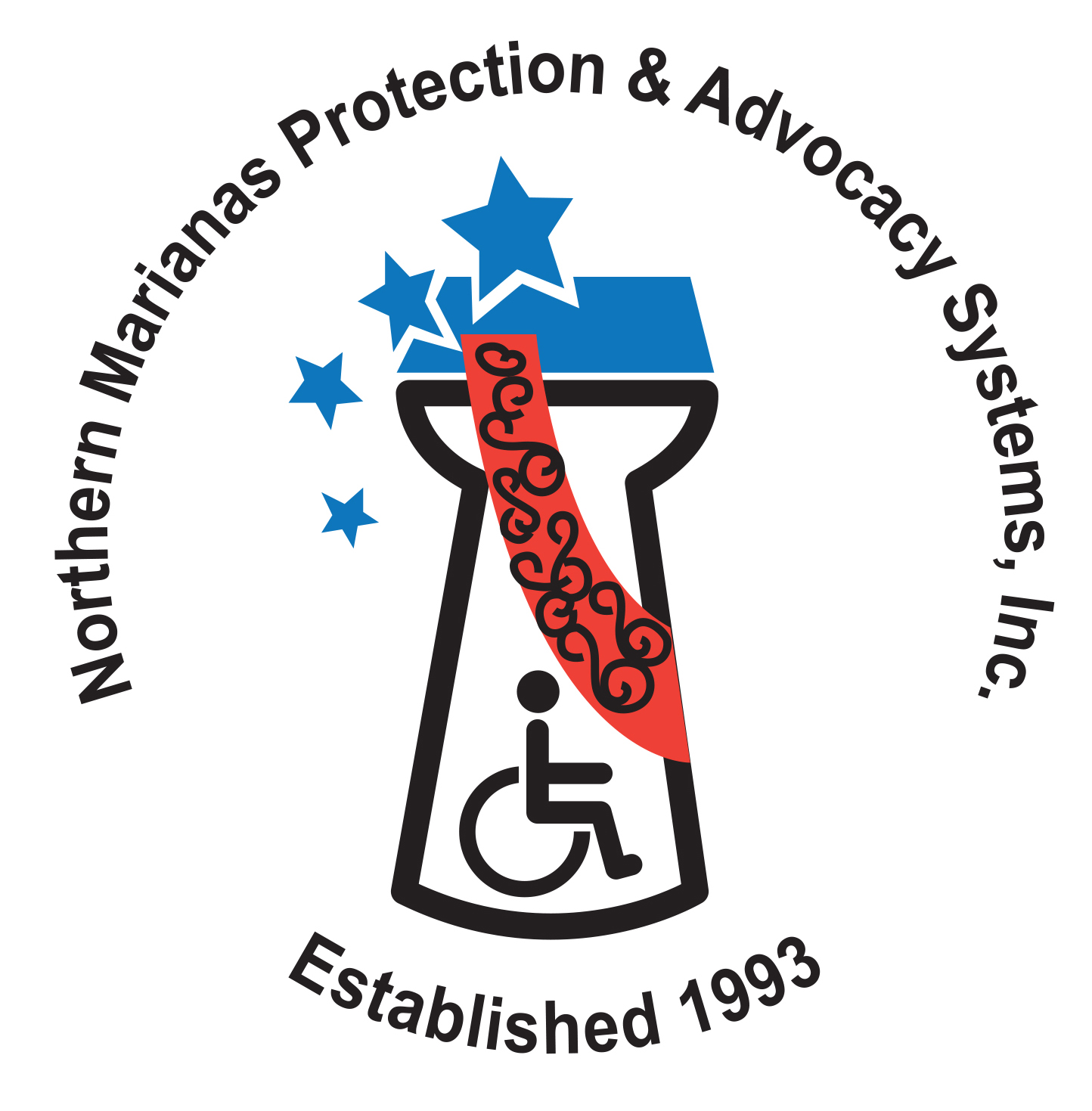JUNE 2015 is National Student Safety Month.
This is a time in which we look at the overall safety of our students when it comes to planning for natural disasters, technology, infrastructure, man-made disasters, biological awareness, physical well-being, and student culture and climate. We must also take into consideration our students with disabilities when developing our plans to address these areas.
Bullying, drugs or violent behavior are in the spotlight when it comes to student safety in terms of their culture and climate. Bullying is when someone is repeatedly mistreated physically, verbally, and/or socially, because of differences they may have from others. Other forms of bullying include the use of technology to verbally or socially attack someone known as cyber-bullying. Students who are bullied may show signs of poor school performance as a result of trying to avoid being the target of bullying. The National Bullying Prevention Center reports that researchers discovered that students with disabilities were more worried about school safety and being injured or harassed by other peers compared to students without a disability. One study shows that 60 percent of students with disabilities report being bullied regularly compared with 25 percent of all students.
The consequences associated with students who are subjected to bullying may lead to increased risk of mental health problems, and are likely to become depressed and have low self-esteem. Others who experience bullying may resort to substance abuse to cope with their trauma. Others still engage in violent behavior or become bullies themselves.
As a community we must come together to prevent harm from coming to our youth as we work toward the safety of all our students. This June stand up and speak out against bullying in order to end the climate of the Bystander Bully (those who see it, but do nothing to stop it) and support programs that aim to prevent substance abuse in our youth.
For more information on Bullying and/or Substance Abuse please contact the helpful people at the Community Guidance Center (323-6560/1) or contact us at Northern Marianas Protection and Advocacy Systems Inc. (235-7273/4).
GREG BORJA Projects Specialist NMPASI

